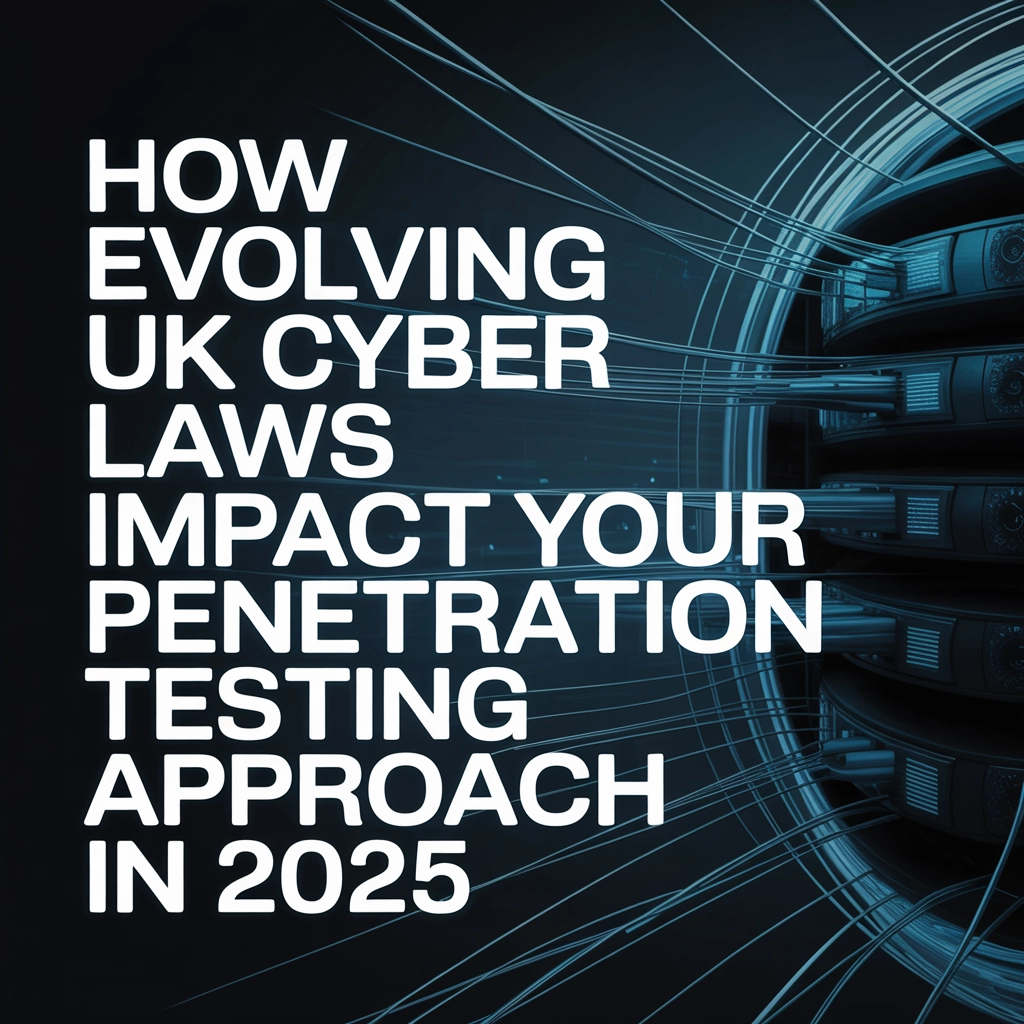The UK's cybersecurity legislative landscape is undergoing its most significant transformation in decades. As we progress through 2025, businesses across the country are grappling with new regulatory requirements that fundamentally alter how they must approach security testing and compliance. From the upcoming Cyber Security and Resilience Bill to the recently enforced Product Security and Telecommunications Infrastructure regulations, these changes are not merely administrative updates, they represent a paradigm shift that demands immediate attention from every organisation serious about maintaining robust cyber defences.
The New Regulatory Framework: What Has Changed
The Cyber Security and Resilience Bill, detailed in April 2025 and set for parliamentary introduction later this year, represents the most comprehensive overhaul of UK cybersecurity regulation since the original NIS Regulations of 2018. This legislation dramatically expands the regulatory scope, now encompassing managed service providers, critical suppliers, and data centres that were previously outside formal oversight.
The bill introduces a groundbreaking "designated critical supplier" classification, subjecting entities to specific contractual requirements and mandatory security assessments. This expansion brings approximately 1,000 additional service providers under regulatory scope, fundamentally changing who needs comprehensive penetration testing and security validation.
Complementing this framework, the Product Security and Telecommunications Infrastructure (PSTI) Regulations, enforced since April 29, 2024, now govern consumer connectable products with stringent requirements for unique passwords, security disclosure processes, and defined update support periods. The UK Data (Use and Access) Act 2025 further complicates the landscape with new international transfer standards and automated decision-making requirements.

Enhanced Reporting Requirements: The 24-Hour Challenge
Perhaps the most immediately impactful change is the introduction of dual incident reporting requirements with aggressive 24-hour and 72-hour deadlines to both regulators and the National Cyber Security Centre. This compressed timeframe fundamentally alters how organisations must approach vulnerability detection and response.
Traditional annual penetration testing cycles are no longer sufficient in this regulatory environment. The new requirements demand continuous security monitoring capabilities that can rapidly identify, assess, and report vulnerabilities within hours rather than days or weeks. This shift necessitates a move towards automated vulnerability scanning, real-time threat detection, and streamlined reporting processes that can meet these stringent deadlines.
For organisations seeking penetration testing services, this means partnering with providers who can deliver not just thorough assessments, but also rapid response capabilities and automated alert systems that align with regulatory timelines.
Supply Chain Security: Testing Beyond Your Perimeter
The new legislation places unprecedented emphasis on supply chain risk management, requiring organisations to assess and monitor the security posture of their entire supplier network. This represents a fundamental shift from perimeter-based security thinking to ecosystem-wide risk assessment.
UK security testing for compliance must now encompass third-party systems, vendor environments, and interconnected services that form part of an organisation's operational ecosystem. This expanded scope means penetration testing approaches must evolve to include:
- Comprehensive supplier security assessments
- Inter-system vulnerability analysis
- Third-party access control evaluation
- Supply chain data flow security testing
The implications are particularly significant for compliance-driven cyber security requirements in sectors like SaaS, finance, and cloud services, where interconnected systems and data sharing arrangements create complex attack surfaces that require sophisticated testing methodologies.

Sector-Specific Compliance Challenges
Different industries face unique challenges under the new regulatory framework. Financial services organisations must navigate enhanced data protection requirements alongside existing PCI-DSS and FCA regulations. SaaS providers face scrutiny over data handling practices and international transfer mechanisms. Cloud service providers must demonstrate security across multi-tenant environments while maintaining compliance with sectoral regulations affecting their clients.
The PSTI Regulations introduce specific testing requirements for organisations developing or deploying connected products. These requirements focus on unique password implementation, security update delivery mechanisms, and vulnerability disclosure processes. Interestingly, motor vehicles were excluded from PSTI scope in February 2025, creating a distinct regulatory pathway for automotive cybersecurity.
The EJN Labs Advantage: Compliance-Backed Security Testing
Navigating this complex regulatory landscape requires more than traditional security testing, it demands partnership with providers who understand both the technical requirements and compliance implications of the new legislative framework. EJN Labs brings a unique combination of technical expertise and regulatory understanding to help organisations meet these evolving challenges.
Our team delivers penetration testing services that align with the new regulatory requirements, ensuring that assessments not only identify vulnerabilities but also provide the documentation and evidence required for regulatory compliance. The recent achievement of ISO 27001 and Cyber Essentials Plus certifications demonstrates our commitment to maintaining the highest standards of information security management and cyber hygiene. These certifications ensure that our own internal processes meet the rigorous standards we help our clients achieve, providing additional confidence in our ability to deliver compliant security testing services.

Enhanced Regulatory Powers: The Cost of Non-Compliance
Regulators now possess significantly enhanced enforcement powers, including substantial financial penalties and proactive oversight mechanisms. The Information Commissioner's Office has demonstrated its willingness to impose significant fines for data protection failures, while sector-specific regulators are gaining additional powers to enforce cybersecurity requirements.
Recent incidents, such as the Synnovis attack that cost an estimated £32.7 million, highlight the financial and operational consequences of inadequate cybersecurity measures. These high-profile incidents have strengthened regulatory resolve and increased the likelihood of enforcement action against organisations that fail to maintain appropriate security standards.
Strategic Recommendations for Testing Evolution
The convergence of these regulatory changes demands a strategic approach to security testing that goes beyond traditional vulnerability assessment:
Implement Continuous Monitoring: Move beyond annual testing cycles to continuous security monitoring that can identify and report vulnerabilities within regulatory timeframes. This approach requires automated scanning capabilities, real-time alert systems, and streamlined reporting processes.
Expand Testing Scope: Ensure testing encompasses the entire operational ecosystem, including suppliers, third-party services, and interconnected systems. This holistic approach is essential for meeting supply chain security requirements.
Prioritise Compliance Documentation: Security testing must generate comprehensive documentation that demonstrates regulatory compliance. This includes detailed vulnerability reports, remediation timelines, and evidence of ongoing security monitoring.
Invest in Specialised Expertise: The complexity of the new regulatory landscape requires partnership with security testing providers who understand both technical vulnerabilities and compliance requirements.

The Path Forward: Building Regulatory Resilience
The UK's evolving cybersecurity legislation represents both a challenge and an opportunity for organisations committed to robust security practices. While the new requirements demand significant investment in security testing and monitoring capabilities, they also provide a framework for building truly resilient cyber defences.
Organisations that embrace these changes and invest in comprehensive security testing programmes will find themselves better positioned to resist cyber threats, maintain operational continuity, and demonstrate regulatory compliance. The key is partnering with security testing providers who understand the intersection of technical excellence and regulatory requirements.
The legislative changes of 2025 mark a watershed moment in UK cybersecurity regulation. Organisations that adapt their penetration testing approaches to meet these new requirements will not only achieve compliance but will also build the robust security foundations necessary to thrive in an increasingly complex threat landscape.
For businesses seeking to navigate this regulatory transformation, the choice of security testing partner has never been more critical. The combination of technical expertise, regulatory understanding, and certified processes required to deliver truly compliant security testing demands careful consideration of provider capabilities and credentials.
The future of cybersecurity in the UK will be defined by organisations that embrace these regulatory changes as an opportunity to build genuinely resilient security architectures. Through comprehensive penetration testing, continuous monitoring, and strategic security investment, businesses can transform regulatory compliance from a burden into a competitive advantage.












Leave a Reply